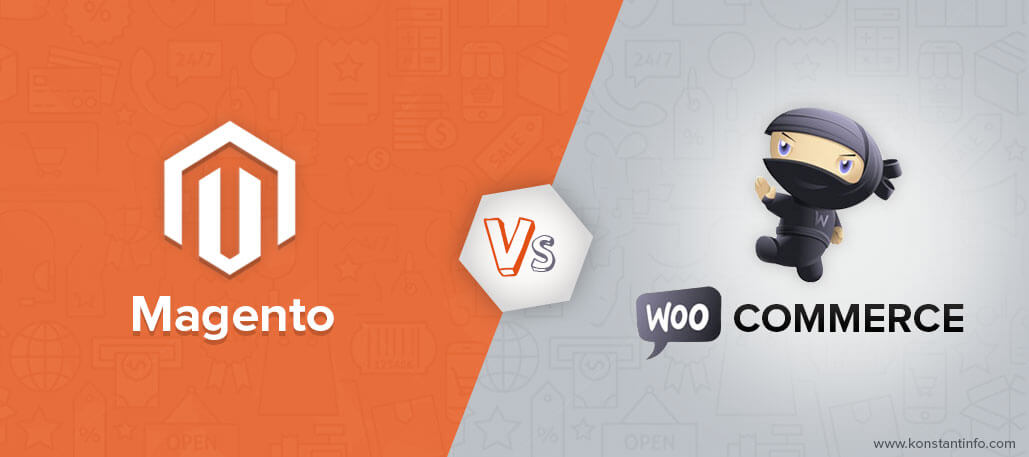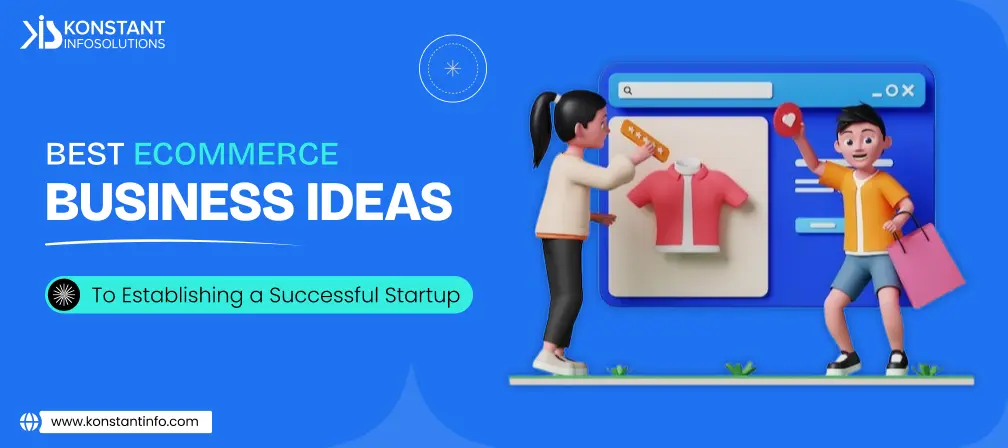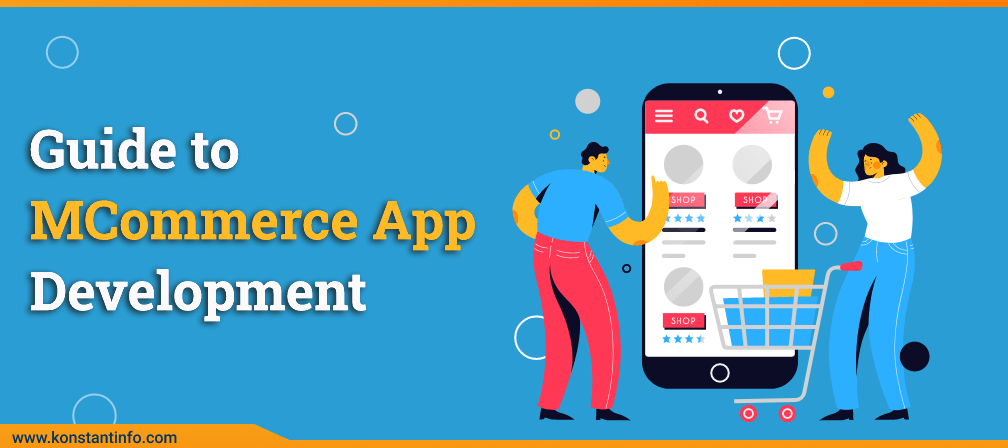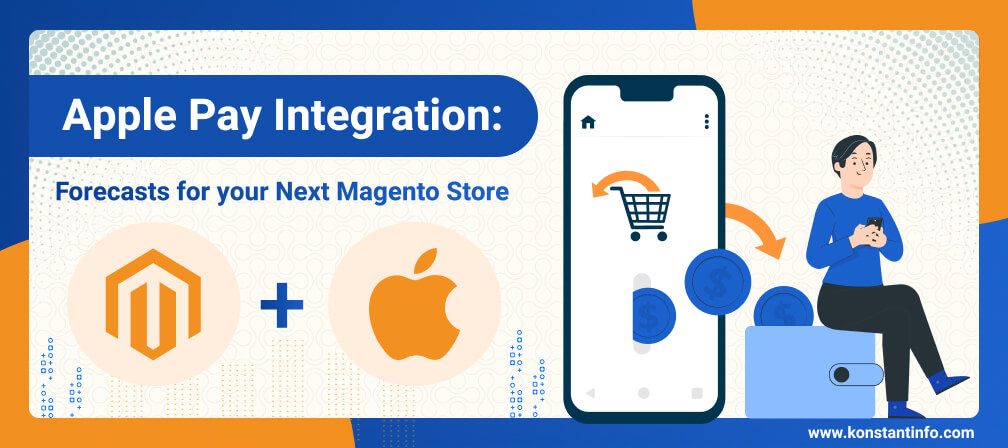
eCommerce covers a huge market now and has been advancing with new trends each day. While online businesses conduct frequent reviews of their websites to make them better for users and visitors, an important thing under consideration is choosing a high-performance platform for best-in-class shopping cart system, content management system, attractive look and feel and exceptional functionality.
Two of the most popularly used eCommerce platforms today are Magento and WooCommerce. Serving as great online store solutions, both Magento and WooCommerce are massively downloaded for their individual features and characteristics. When it’s a shopping website, everything is about ensuring customer’s ease and flexibility while performing various activities like adding items to the cart, making payments, searching for an answer in FAQ section, reading blogs and articles, exploring the website applying filters and alike. Magento and WooCommerce are the right picks here.
In 2015, Magento is ranked number one eCommerce platform on the inaugural of Internet Retailer B2B eCommerce 300 guide and has powered more Internet Retailer Top 1000 merchants than any other eCommerce provider. Similarly, WooCommerce downloads have reached more than 13 million, hosting around 30% of the overall websites. See the stats at Builtwith.
Clearly, both the tools are trusted for their website components and elements. The question arises choosing between the two- what is better? Let’s find out the significant differences between WooCommerce and Magento, for which we need to understand the primary functions and similarities between them.
Similarities between Magento and WooCommerce
Both platforms are open-source, which means that if you are starting an online website, you can use these platforms for free and easily customize their source code as per the changing website requirements. They provide out-of-the-box functions to serve the basic eCommerce including product listings, inventory features, managing orders. Notably, Magento offers more robust and powerful product management with a smooth filtering functionality without any plugins. But, WooCommerce is by the far the world’s most revered Content Management System (CMS).
Magento versus WooCommerce
The very first difference lies in the definition. While Magento is a dedicated, standalone eCommerce platform, WooCommerce is a WordPress add-on for CMS. Magento is more eCommerce focused, which comprises a bunch of capabilities and extensions that are necessary to handle the website functionalism and add convenience features for those accessing your website.
If you are already a WordPress user and wants to add an eCommerce element, installing a WooCommerce plugin is the best solution as you do not need to migrate your website to any other interface. It uses plenty of WordPress extensions and makes it more than a website since WordPress does not only confine to eCommerce. Known as the best platform for hosting blog and article-devoted sites.
Differ in cost
Although the installation of both platforms is free, you are required to pay for advanced and extended features. Adding extensions to both becomes a necessity for improving the behavior of a website. For instance, to include more payment options than PayPal and bank transfers in a WooCommerce plugin, you need to buy them.
Further, it requires more money to hire a skilled Magento Developer than the WooCommerce one since WooCommerce is just about adding the plugin. The latter is easy and cost-effective on using any WorPress hosting service, which ranges from few dollars a month just like GoDaddy.com.
For Magento hosting, you need to gain insights into using the platform for real-time applications. At Konstantinfo, we have a team of experts who are proficient in working on Magento platform.
Magento also requires more maintenance and operating server power. A poor server infrastructure will result in slow and poor website performance.
Time to go live
WooCommerce consumes least time for a website to go live. The installation time is minimum, providing a good GUI to manage the inventory and product catalogs. Magento, on the other hand, can take from few days to few weeks for a website to go up and running.
Integration with other platforms
Integrating the eCommerce store with other platforms enhances the visibility and overall functioning of our website. With Magento, the integration with software like CMS, ERP is easy. Conversely, WooCommerce requires a separate vendor to offer this service.
Multichannel store fronts
Magento offers support for multichannel store fronts in the marketplace. It has M2E Pro-extension that integrates Amazon, eBay and other marketplaces with the current website. WooCommerce too has a plugin named WP-lister that provides integration with eBay and Amazon, but limited to certain basic functionality.
So, to select one based purely on features and add-ons, Magento offers better services to improve your online shopping site. It works more effectively for big businesses and well established online retailers while WooCommerce is a good choice for small and medium-sized online businesses. Remember that for a WordPress aficionado, WooCommerce is an excellent and efficient choice.
You can download a new Magento 2.0 FAQ Extension from our website for free that will help you answer all relevant and frequently-asked questions in one place, without additional burdens of coding by developers. You just need to install the Magento Extension and the FAQ manager will be automatically added on your website to add unlimited questions and answers.
Similar Post:



Manish Jain is the co-founder and Managing Director at Konstant Infosolutions. He is responsible for the overall operations of the company and has played a major role in bringing Konstant up from its humble beginnings and, with his immense energy and drive, transforming it into a globally trusted name in IT solutions.
Or send us an email at: [email protected]